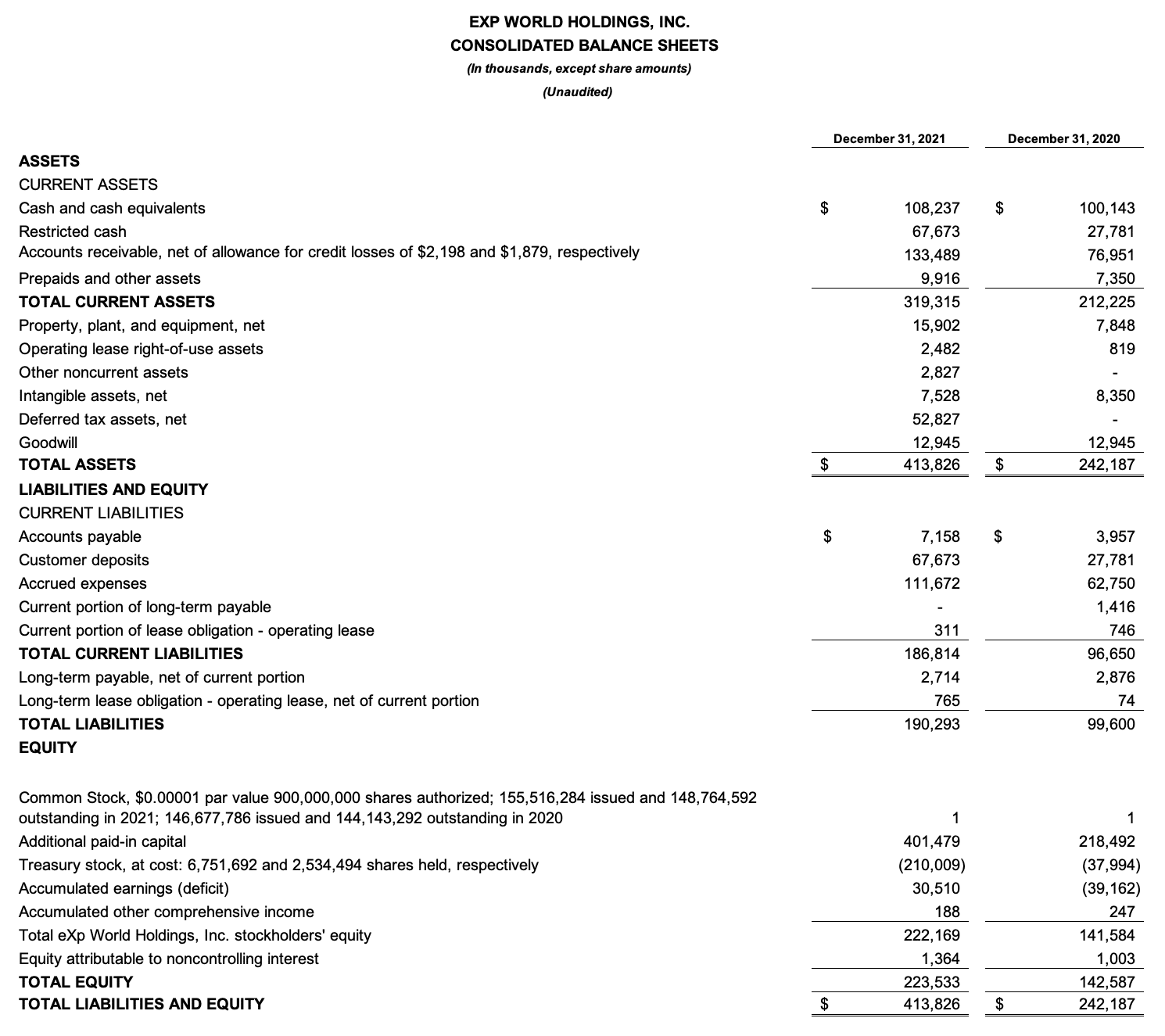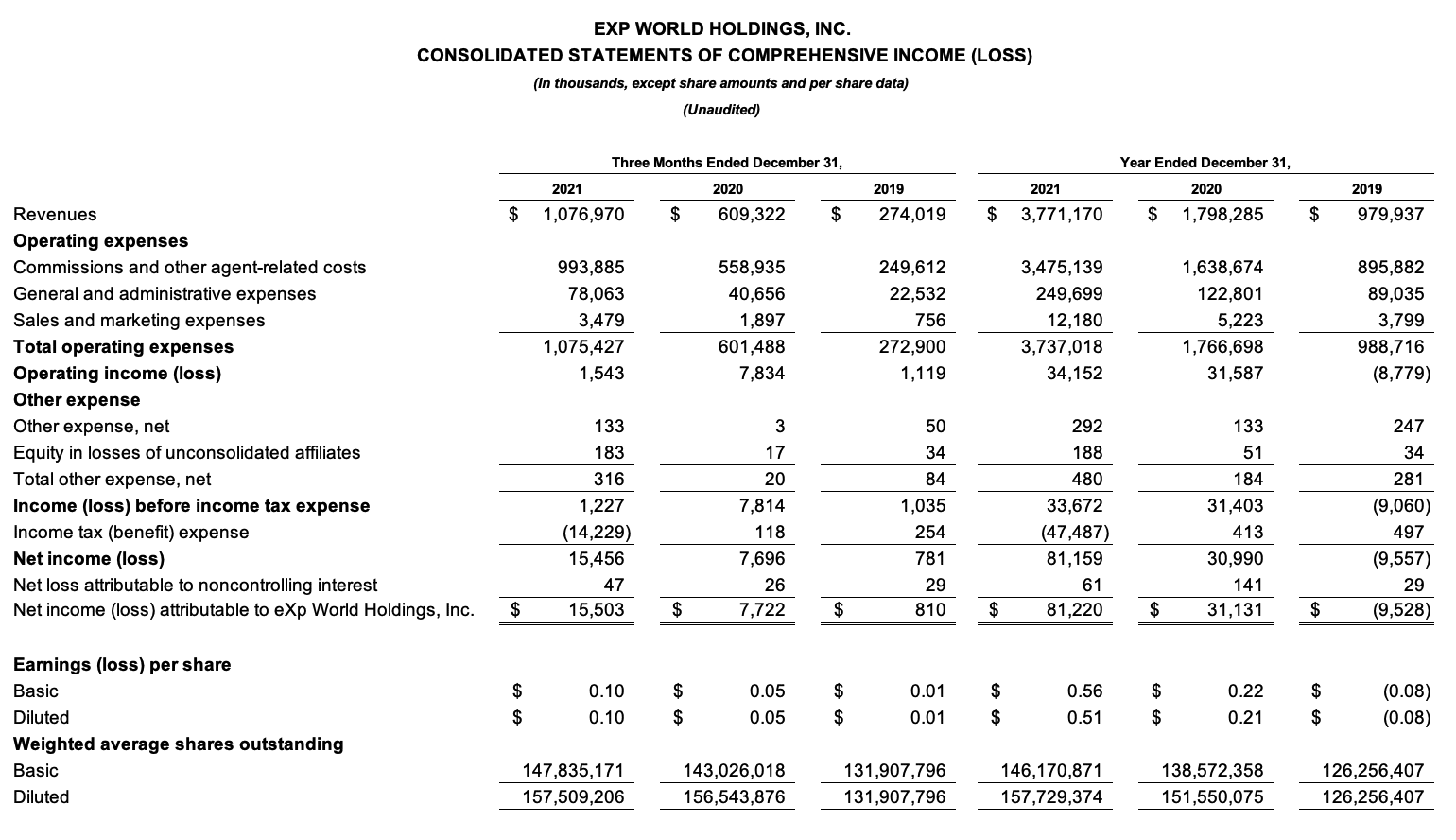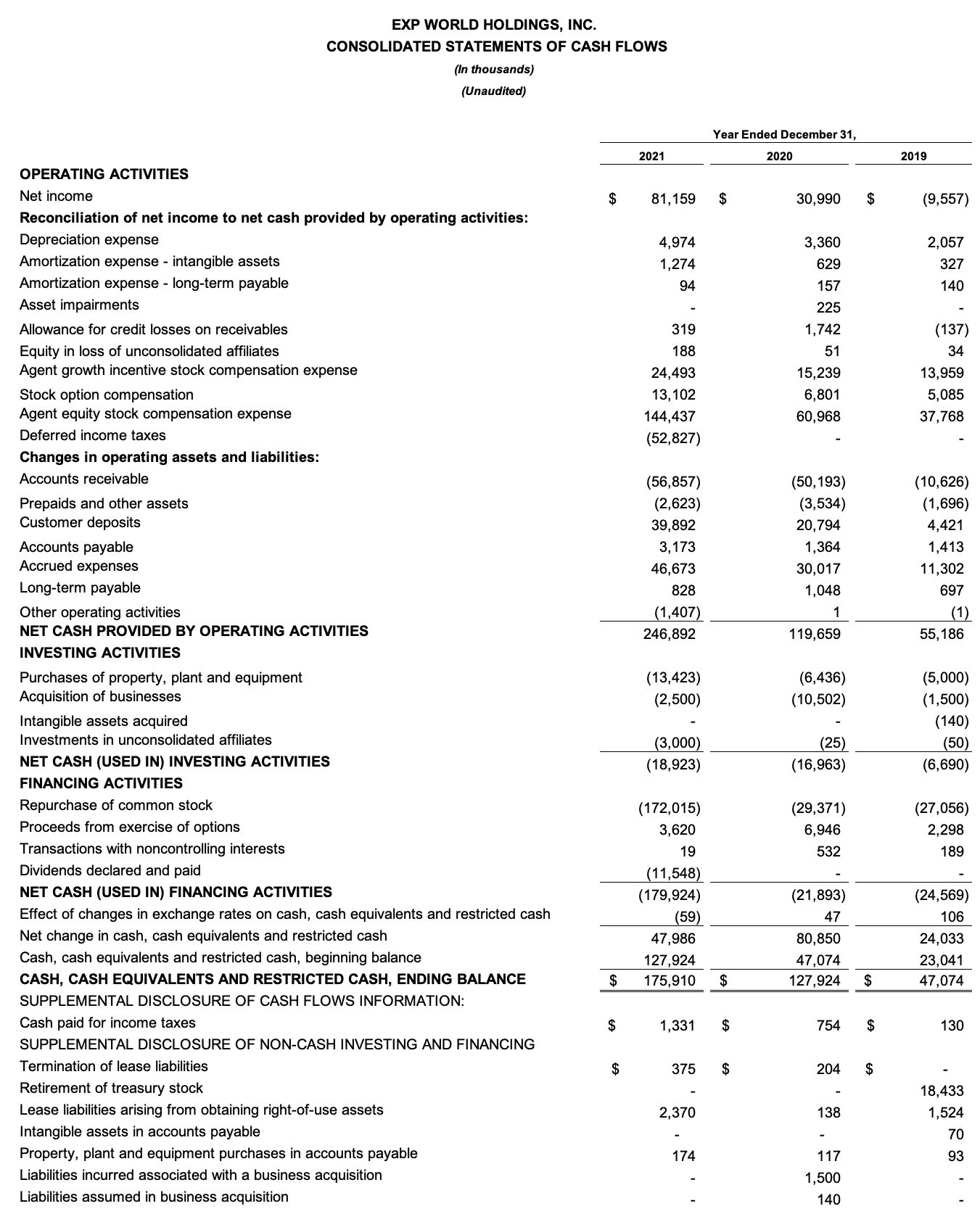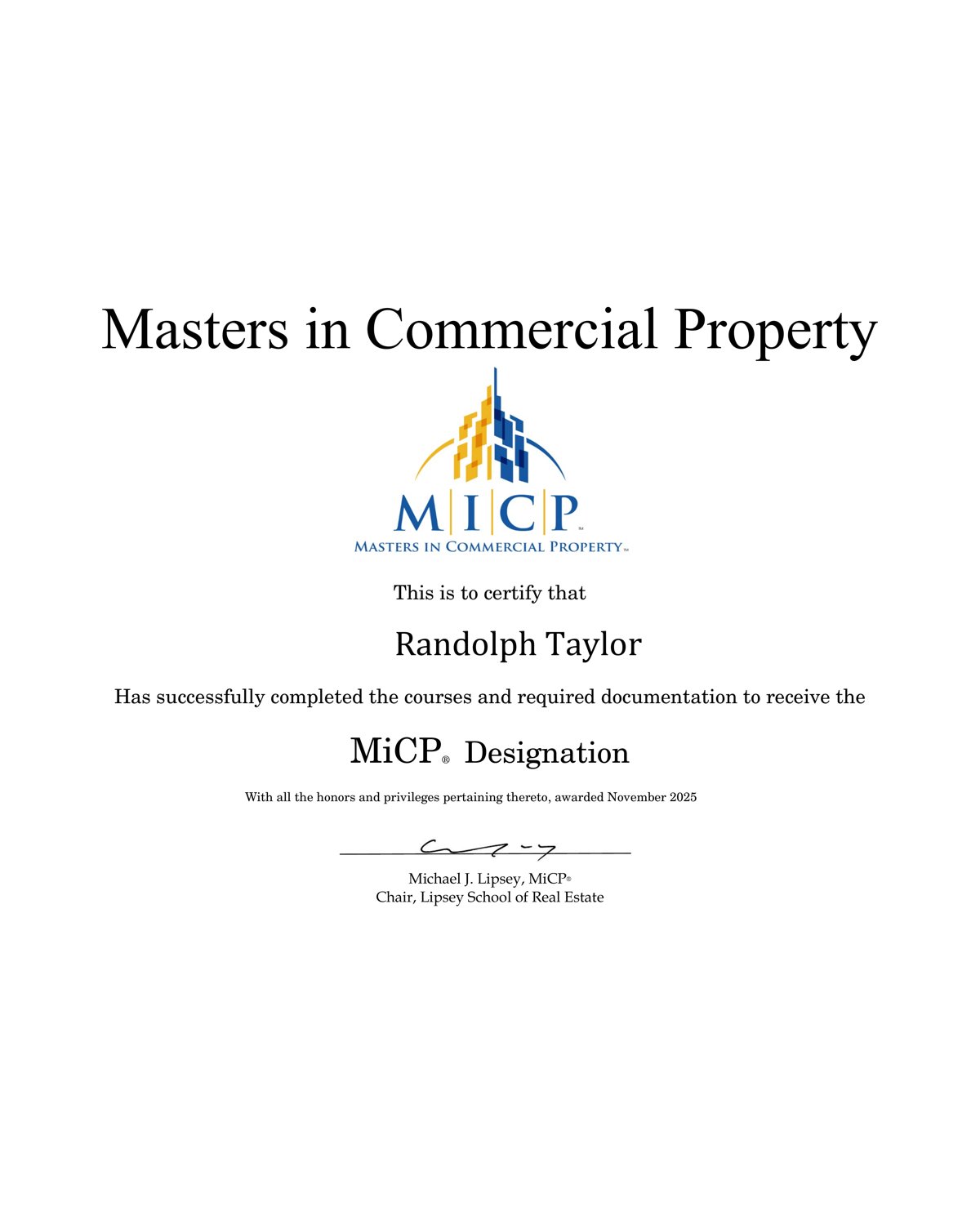Cities and states have accelerated their distribution of Emergency Rental Assistance funds, leaving less extra money than expected in the pool for those who need it most.
The Treasury Department announced the first round of reallocations under the ERA program on Jan. 7, with $1.1B to change hands from jurisdictions that couldn’t or wouldn’t send their respective chunks of federal funding to those who either have run out of funds or will soon. The vast majority of the reallocations, about $875M, come in the form of voluntary transfers within individual states.
Only the first pool of ERA funds, just under $24B when accounting for administrative spending, was eligible to be reallocated, the announcement stated. Further reallocations from the ERA1 pool, as the agency labeled it, are forthcoming over the next few months, with the next deadline for requests being Jan. 21. The process of reallocating the second pool of rental assistance funds, or ERA2, is not legally allowed to begin until March 31.
The largest single transfer of funds was the state of North Dakota returning $149M of the $352M it received from ERA1 to the federal pool, which did not include any cities or counties within North Dakota among the reallocation recipients. North Dakota officials explained the decision by noting that a huge portion of the 120,000 renters in the state were not aware of the program, the Grand Forks Herald reports.
The most significant transfers of funds were from states to some of their largest jurisdictions. The highest dollar transfer came in Indiana, with the state transferring more than $91M to the city of Indianapolis. Wisconsin gave the cities of Milwaukee and Madison $61M and $35M respectively, with another $50M going to Milwaukee County. Nebraska gave the cities of Omaha and Lincoln $50M and $30M respectively, while Arizona sent $39M to Phoenix’s Maricopa County and Louisiana sent over $34M to New Orleans.
Of the money distributed directly by the Treasury Department to states, counties, and cities, the state of California was the biggest beneficiary, receiving over $50M. New York, where ERA distribution was notoriously slow to get off the ground, received $27M, while New Jersey, which fared considerably better, received $42M.
Only 21 jurisdictions had funds involuntarily recaptured by Treasury: seven states, 13 counties, and one city. The agency prioritized jurisdictions with demonstrated need within the same state when deciding where to reallocate those recaptured funds, but no data was publicly released laying out where exactly those funds wound up, unlike voluntary transfers within states. The Treasury Department declined to comment on the reallocation process beyond the press release, it told Bisnow through a representative.
The state of Idaho had $33M recaptured, while the only in-state recipients on Treasury’s list, the city of Boise and Ada County, received $7.2M and $3.7M, respectively. The rest of the recaptured $33M, the largest sum in the list of involuntary recaptures presumably went out of state.
Delaware, Montana, Ohio, South Dakota, Vermont, and West Virginia were the other states from which Treasury recaptured ERA money, with Laredo, Texas, being the only city to have funds recaptured in that fashion. Counties that had funds recaptured included Tuscaloosa in Alabama, five Texas counties, and New Jersey’s Union County, which sits across the Hudson River from New York and counts the key port city of Elizabeth as its largest municipality.
Only jurisdictions that requested additional funding and had obligated over 65% of their ERA1 allocations by the first application deadline of Oct. 15 were eligible to receive reallocations, and Treasury used both demonstrated need and effectiveness in spending ERA1 funding to prioritize recipients. But it couldn’t even come close to meeting the need in some jurisdictions.
The city of Philadelphia asked for $400M in reallocation funds based on the number of applicants and the average payout, which has been about $11K per applicant, said Rachel Mulbry, an assistant program manager for the Philadelphia Housing Development Corp. tasked with overseeing the city’s distribution. Treasury reallocated $8.4M to the city, which it has yet to receive, Mulbry and PHDC CEO David Thomas told Bisnow.
“The information we received from Treasury is that they anticipate us receiving the funding in the coming weeks,” Mulbry said.
The same day the reallocation data was released, Philly was forced to close its rental assistance application portal due to a lack of funds. Only a small portion of those who already applied will wind up getting assistance, even with the extra $8M, which would cover about 750 applicants at an average of $11K per household.
“It seemed unfair to have people’s expectations out there looking for relief when we couldn’t provide it,” Thomas said. “We were hoping not to close, and we were hoping legislators would figure out how to reallocate more funds, but it just hasn’t materialized.”
Even if Philly were to somehow receive the entire $400M it requested, it likely wouldn’t meet the demand if the city program were to reopen, though PHDC would probably attempt to open it if it received such a sum, Thomas said.
The divide between the need for rental assistance and the available funds still looms over the horizon, even as jurisdictions set a new high-water mark for money sent out the door in the month of November, according to Treasury data. Using November data to project forward, the agency estimates that $25B to $30B was distributed to tenants by the end of last year from the combined $46B available from ERA1 and ERA2.
The nature of the federal coronavirus relief packages was to treat the economic conditions caused by the pandemic as an acute crisis that demanded short-term funding to see people through to the other side. Though the economy has not shut back down through the emergence of the variants, the lost income that catching the disease could cause are still immediate dangers to housing stability, said Michael Spotts, a senior visiting research fellow at the Urban Land Institute’s Terwilliger Center of Housing. That includes unexpected burdens like remote learning when families don’t have daytime childcare options.
“People might have exhausted the minimal savings they had or taken on more debt to pay rent,” said Spotts, who authored a research report published in December for ULI about housing stability and the rental market. “The pre-existing conditions that contribute to [housing] insecurity will likely have worsened for a lot of people. So there will be a continued need for emergency rental assistance for people who suffer shocks going forward.”















